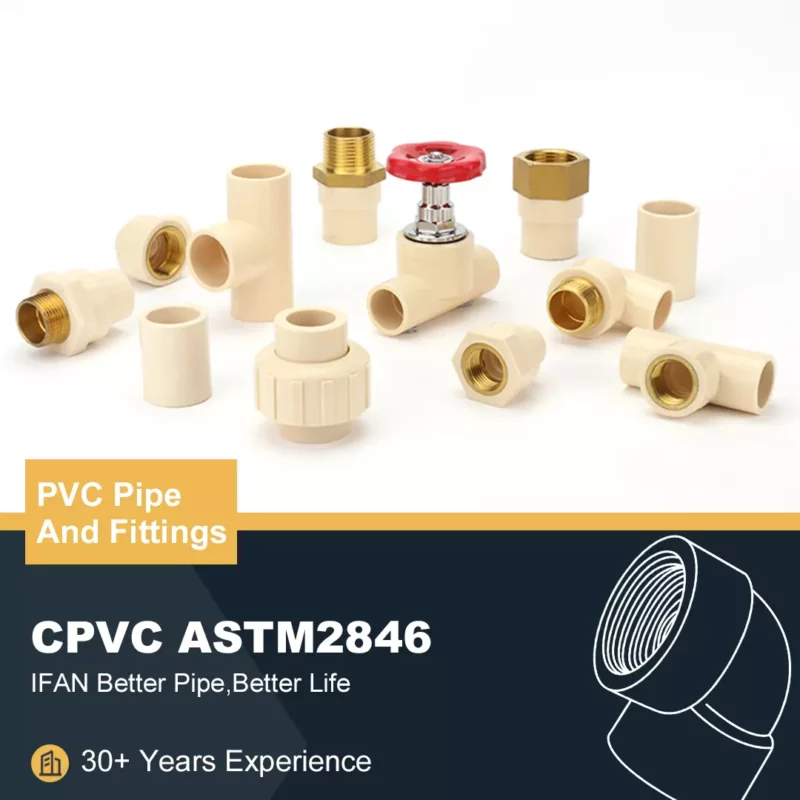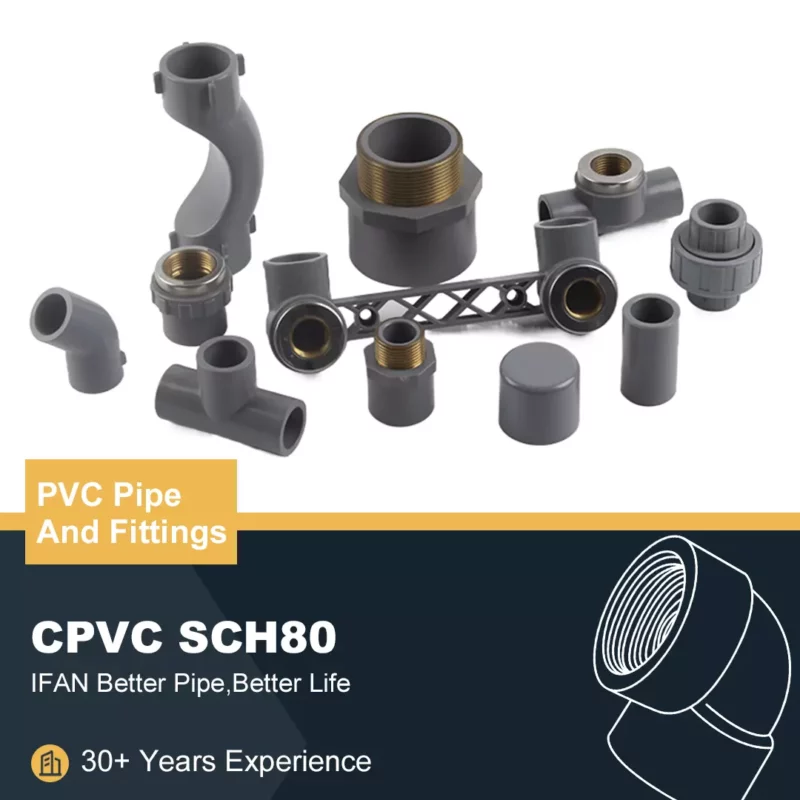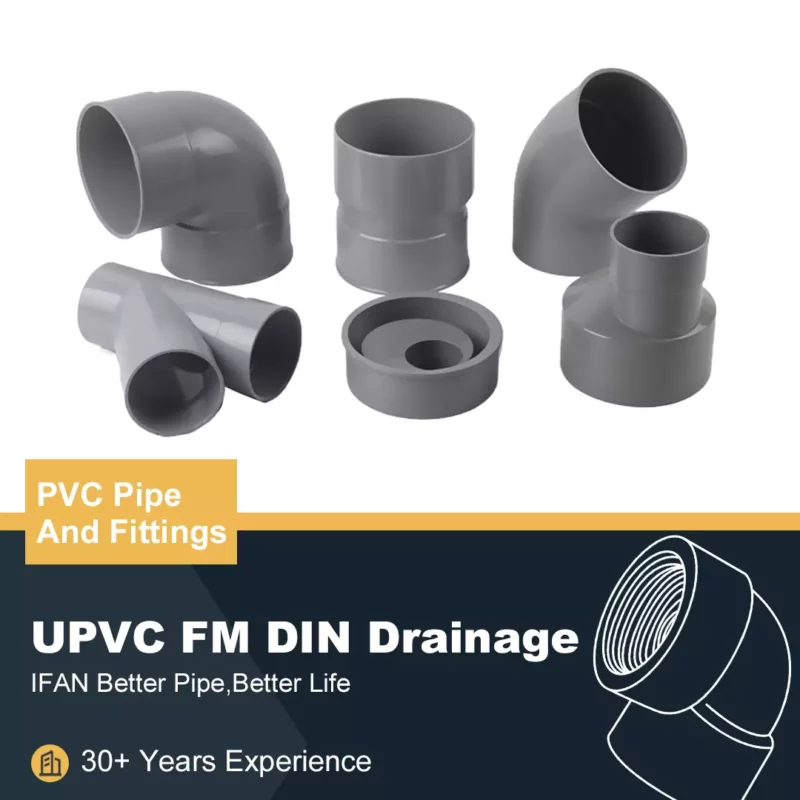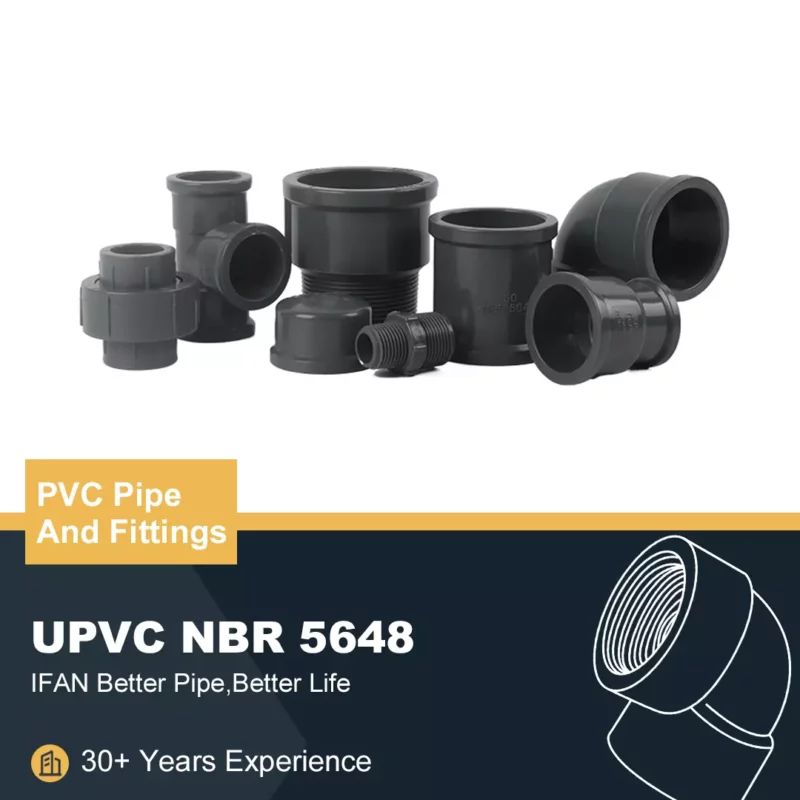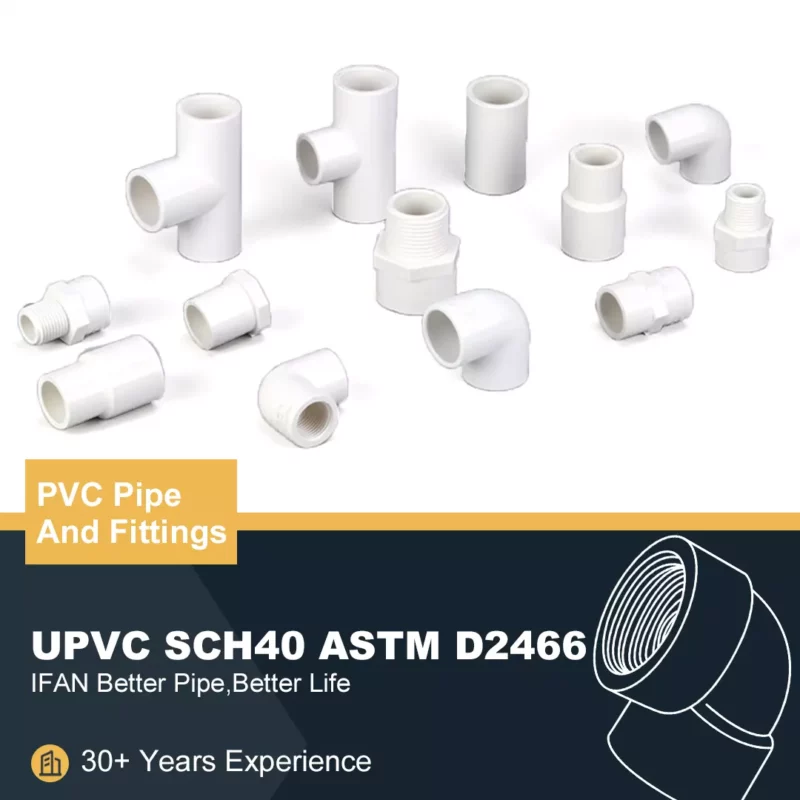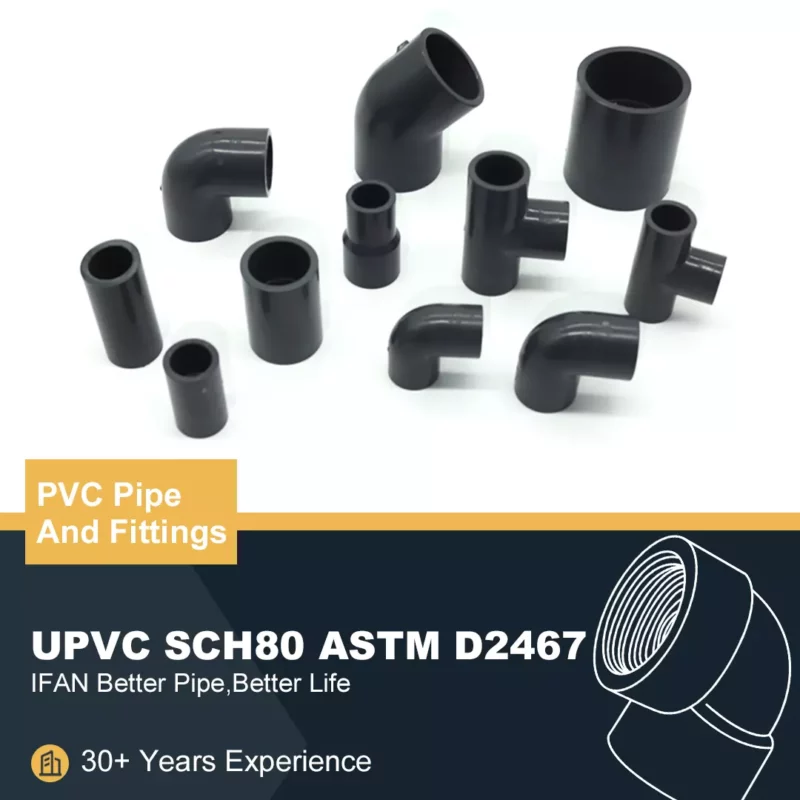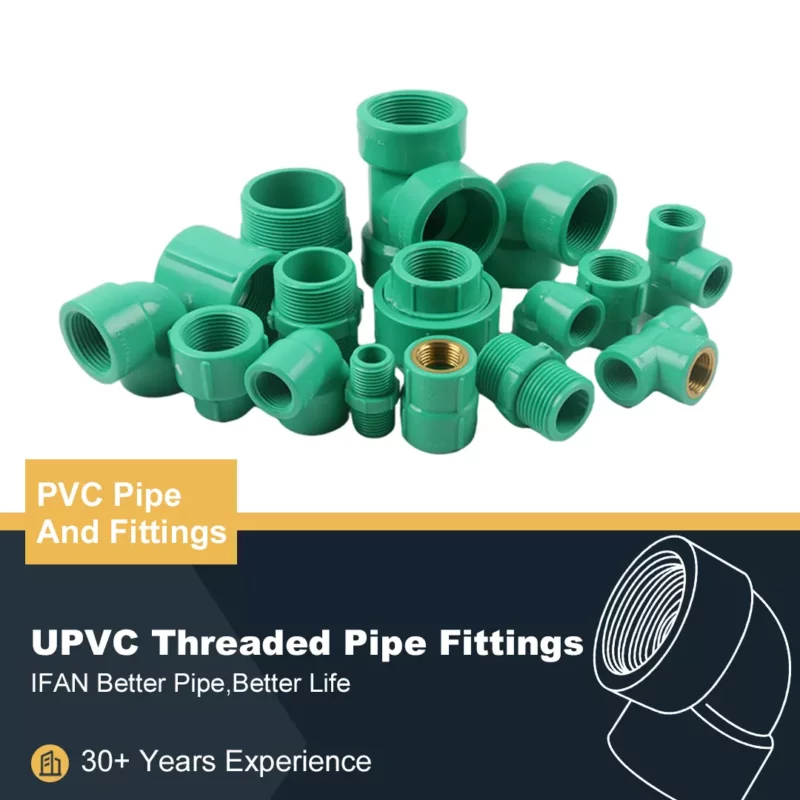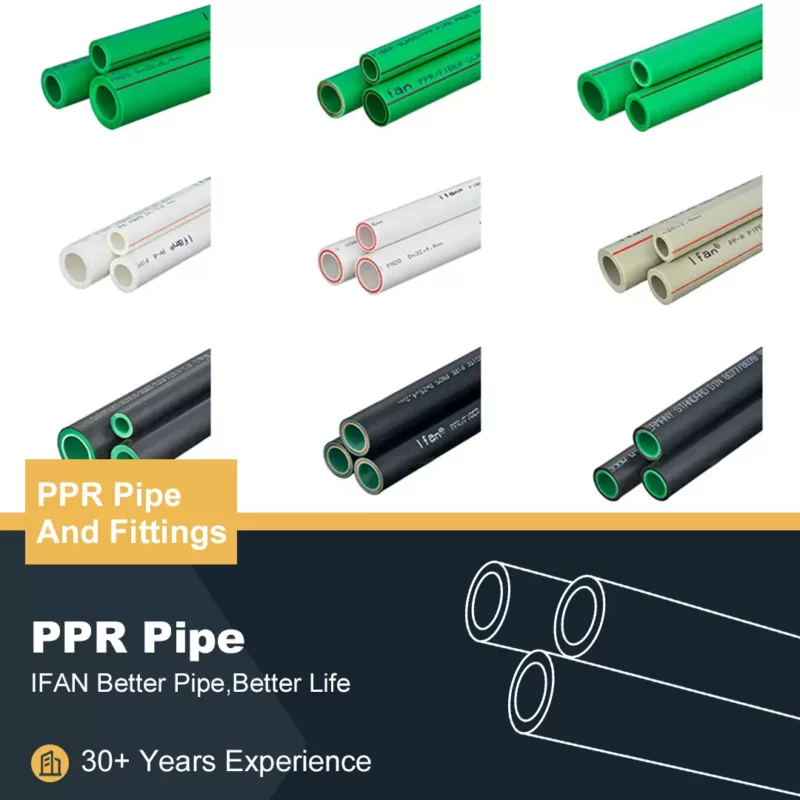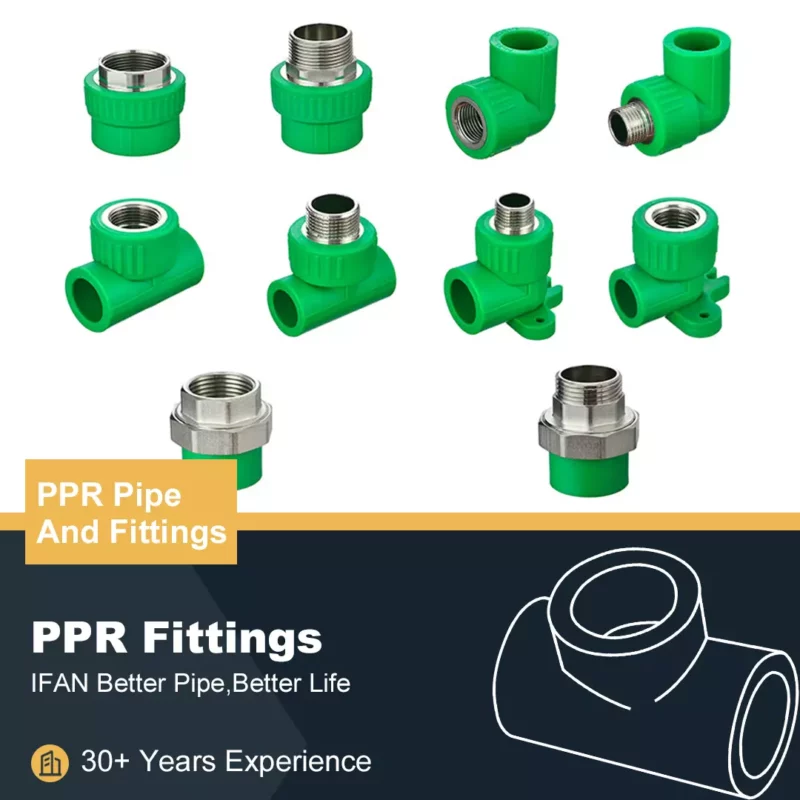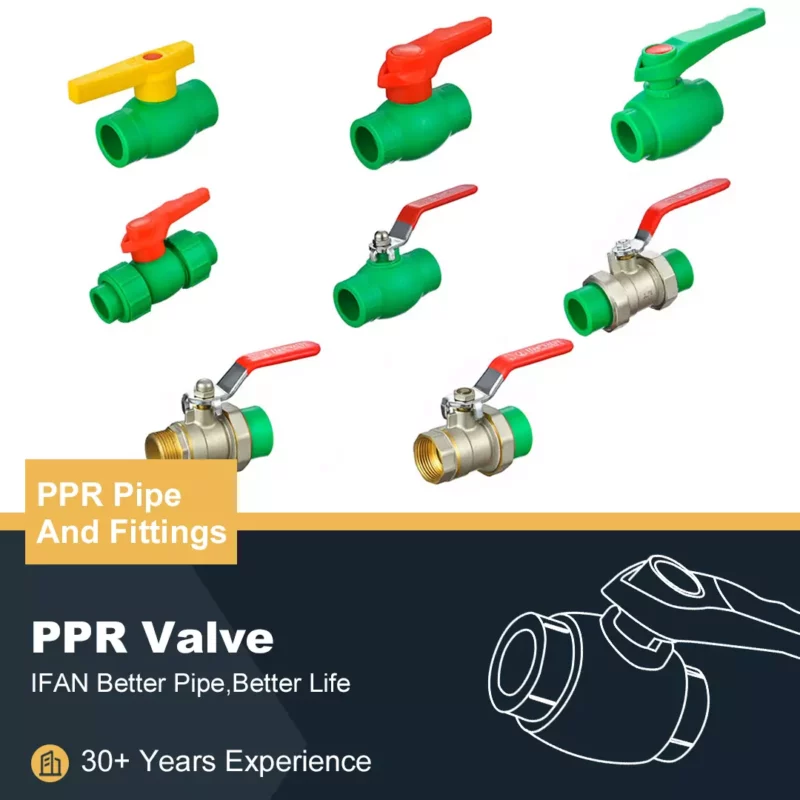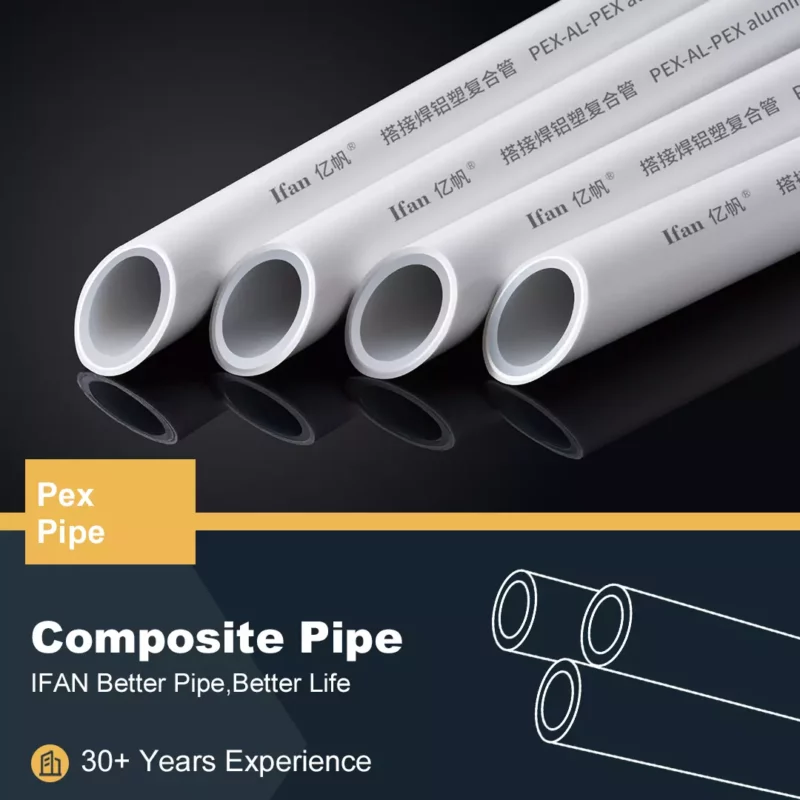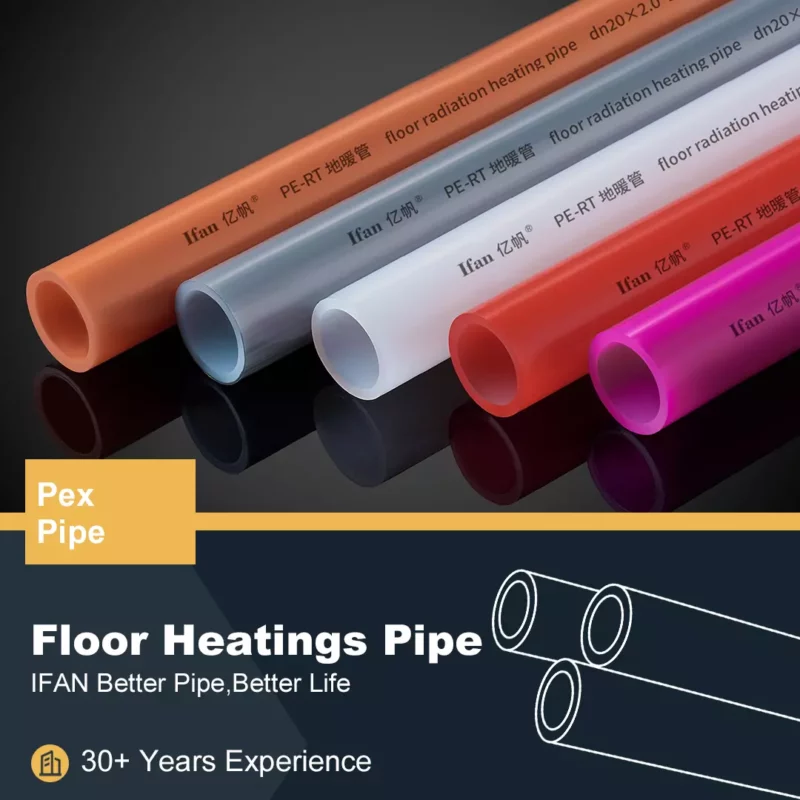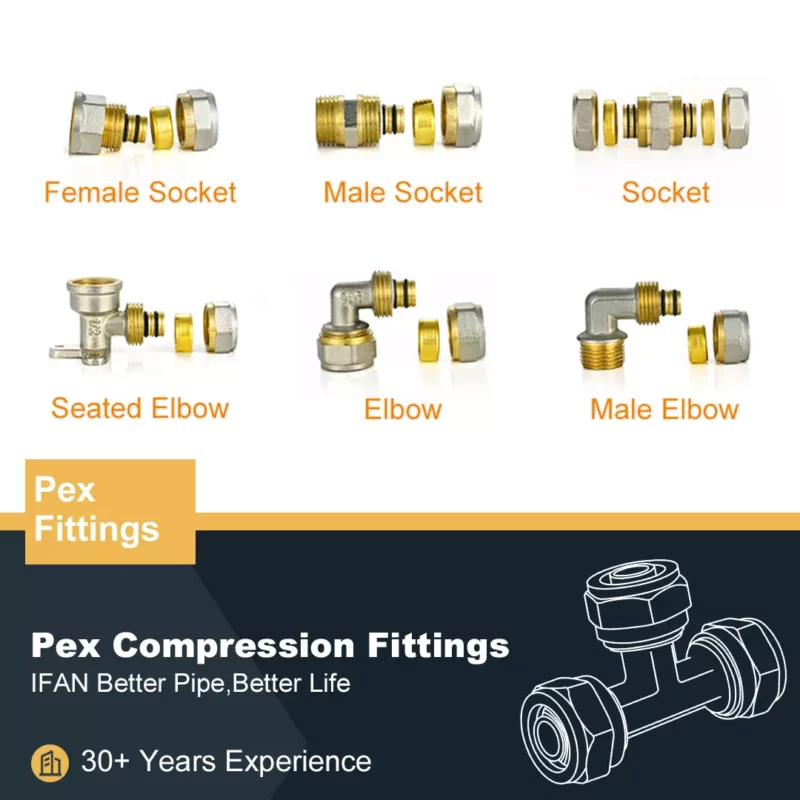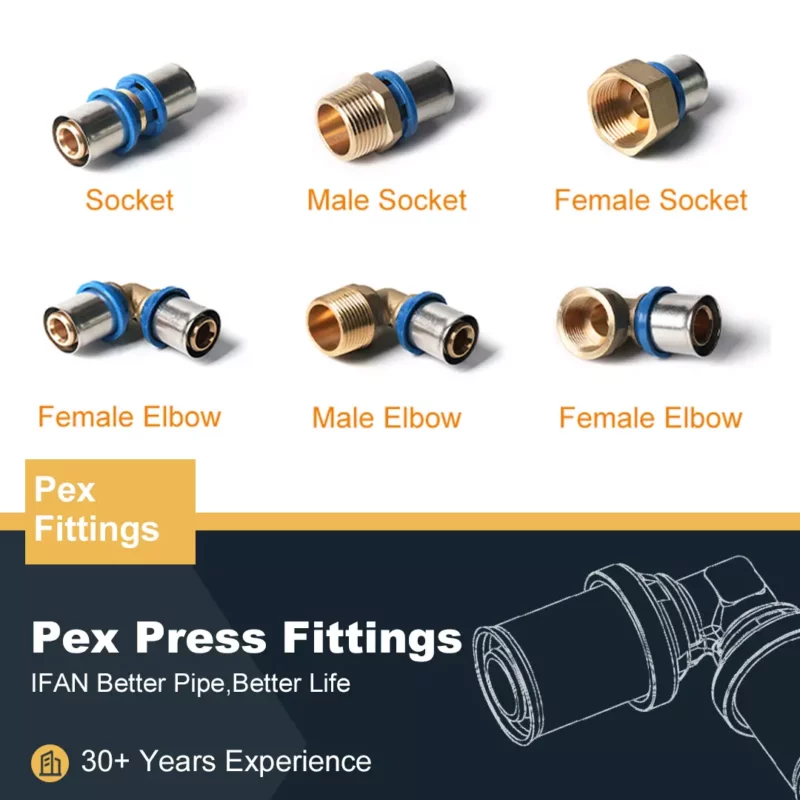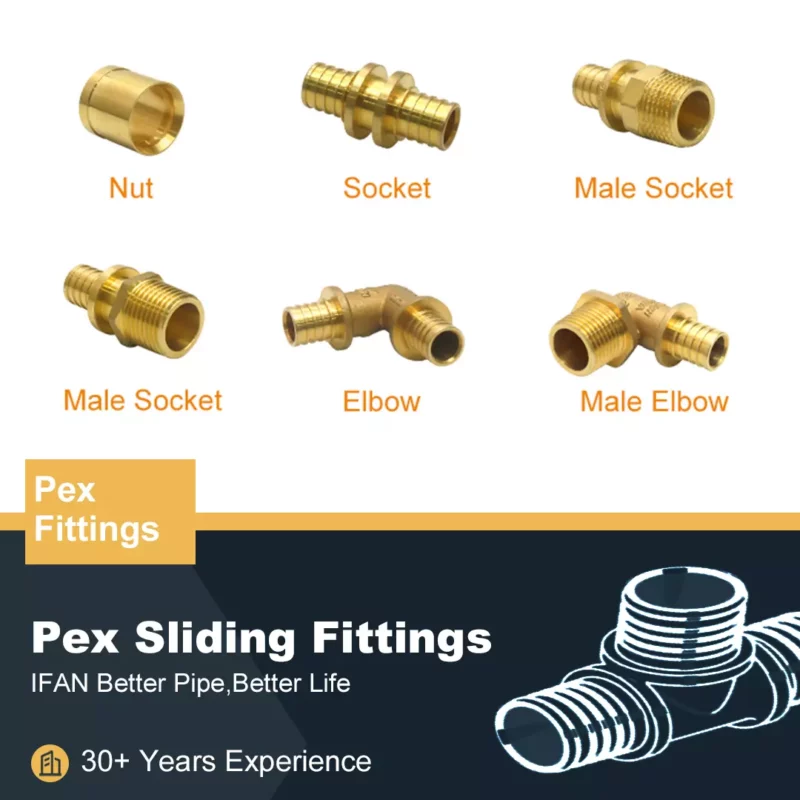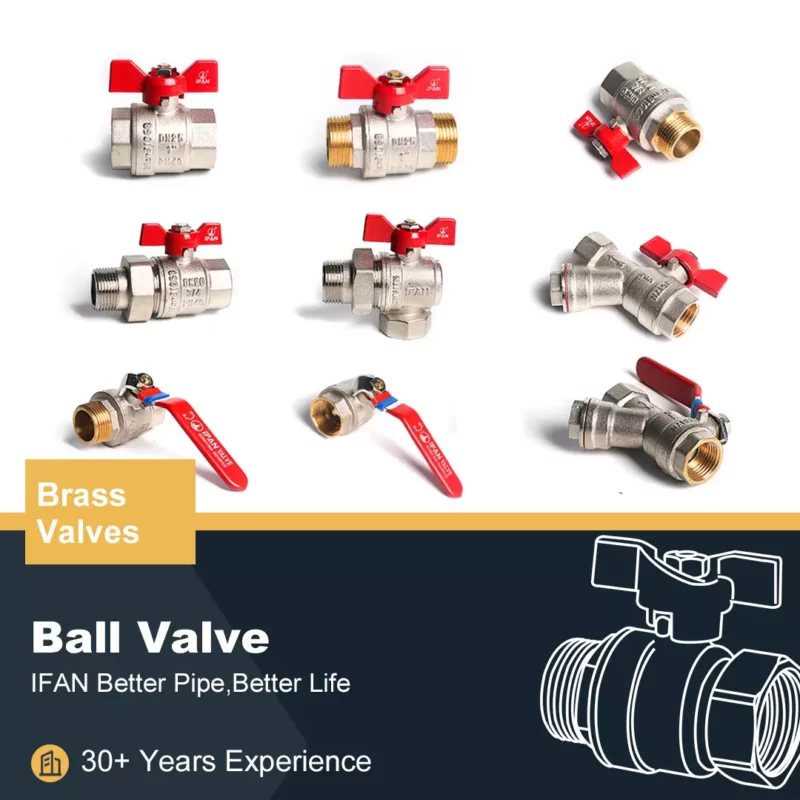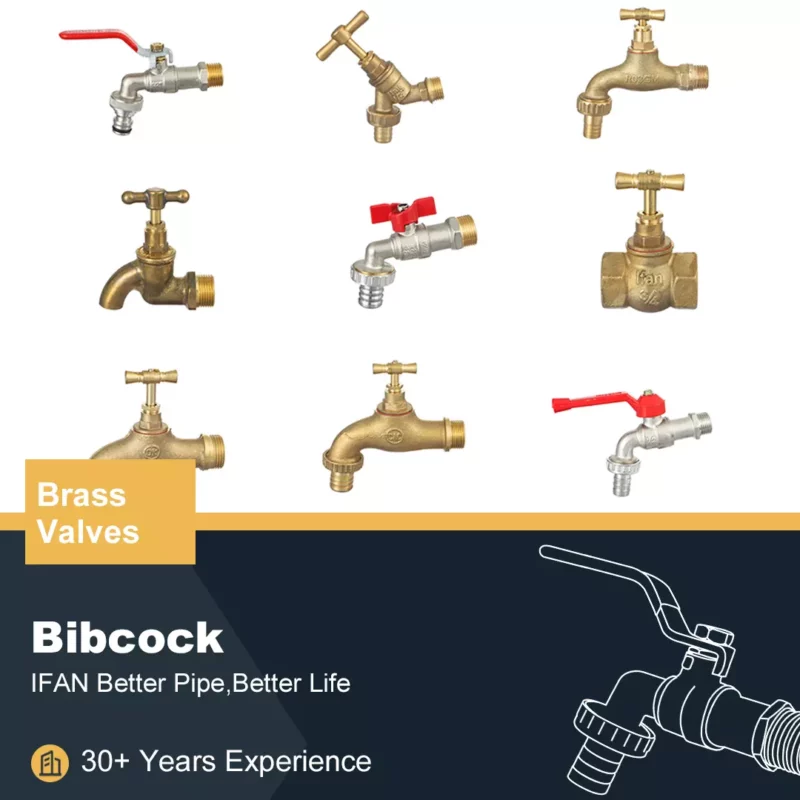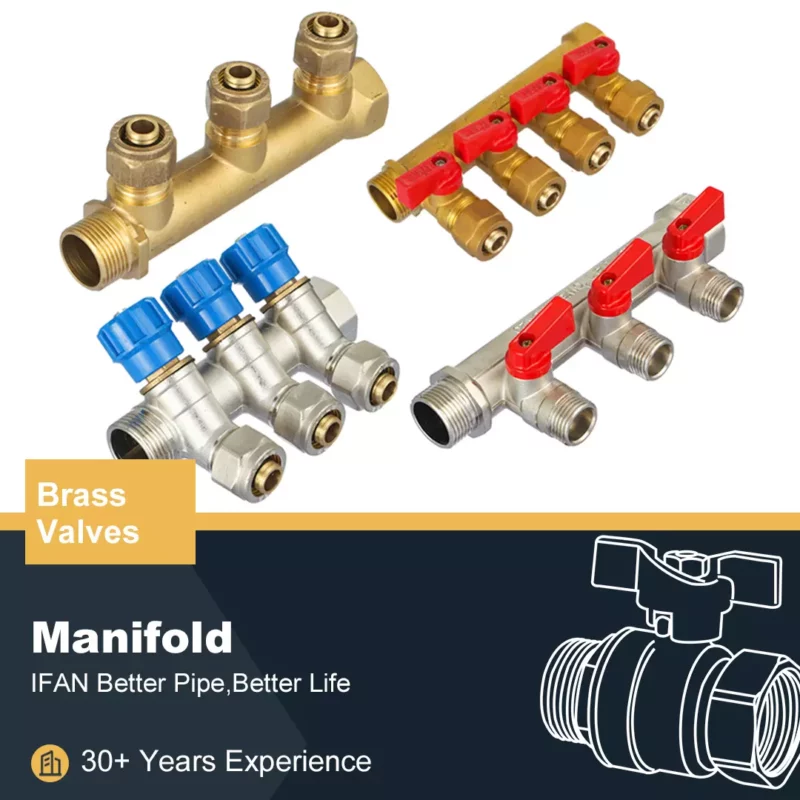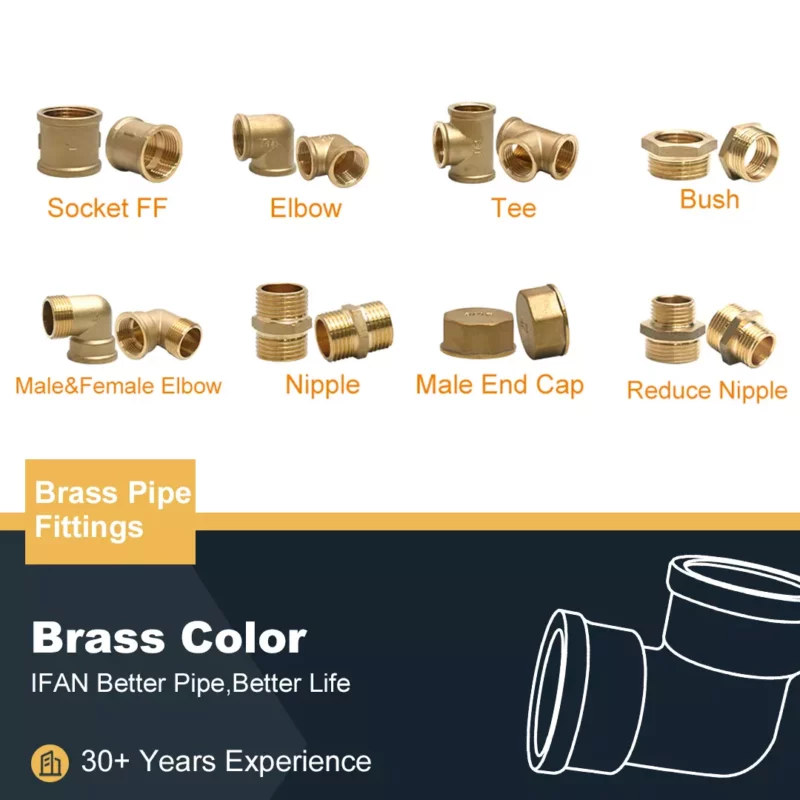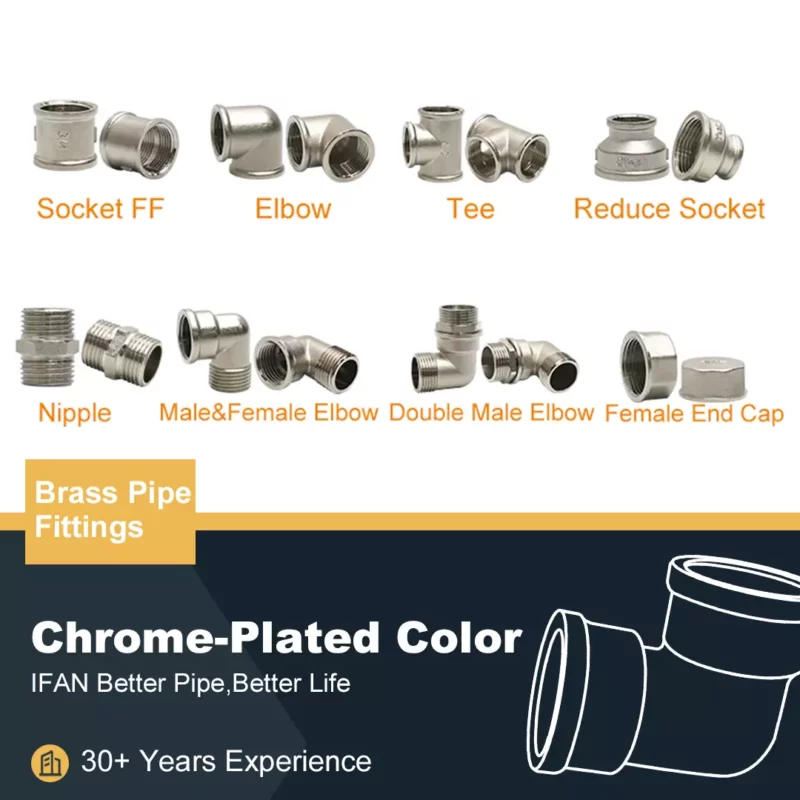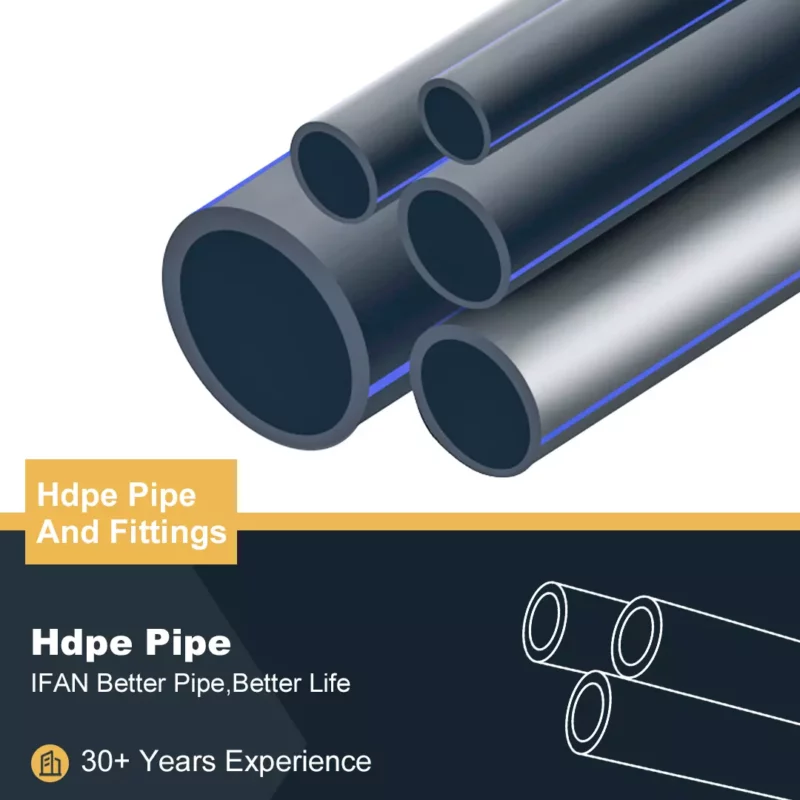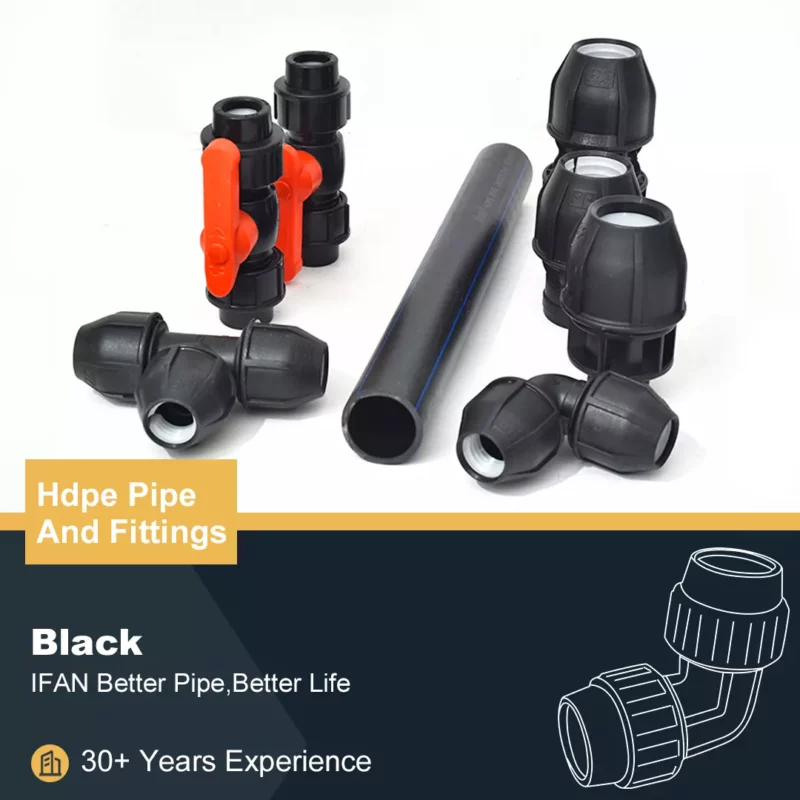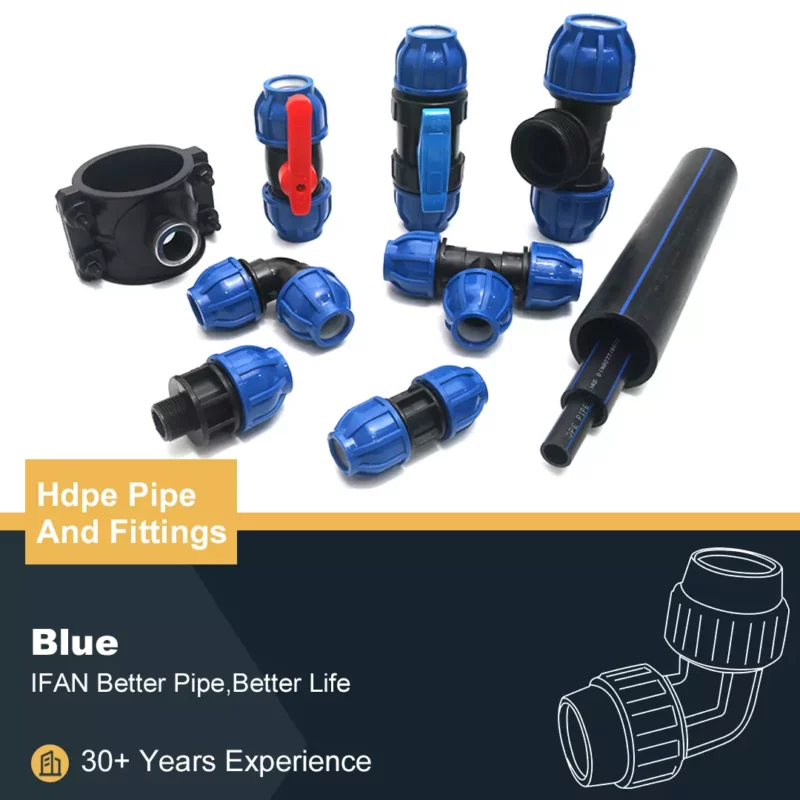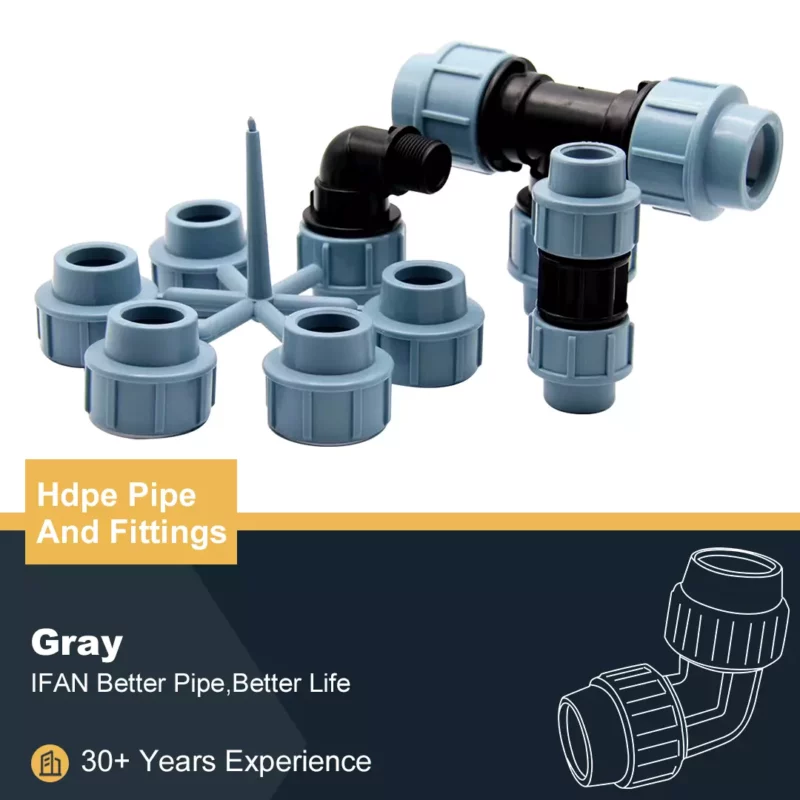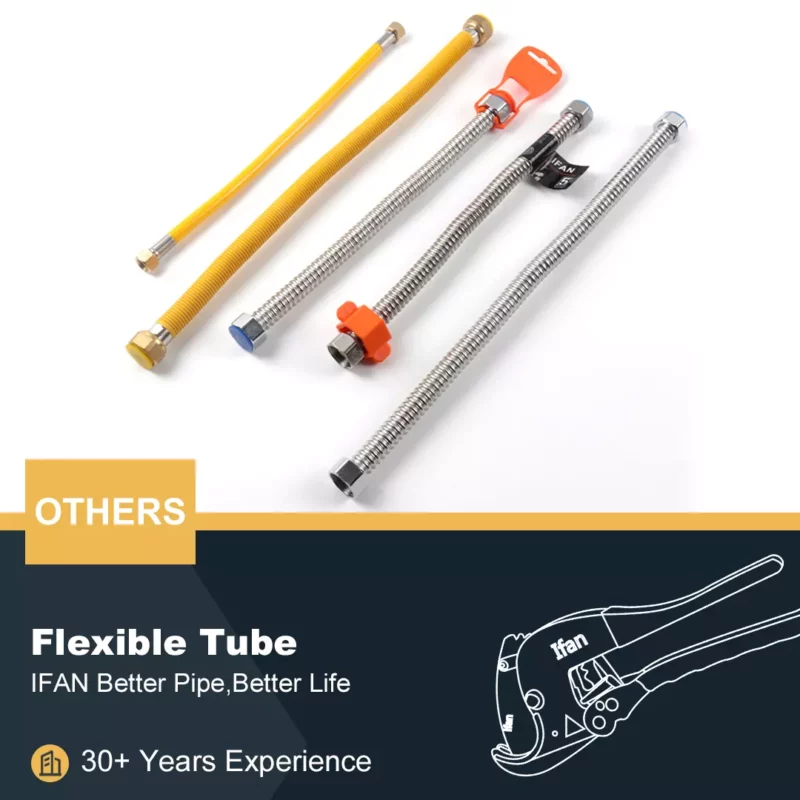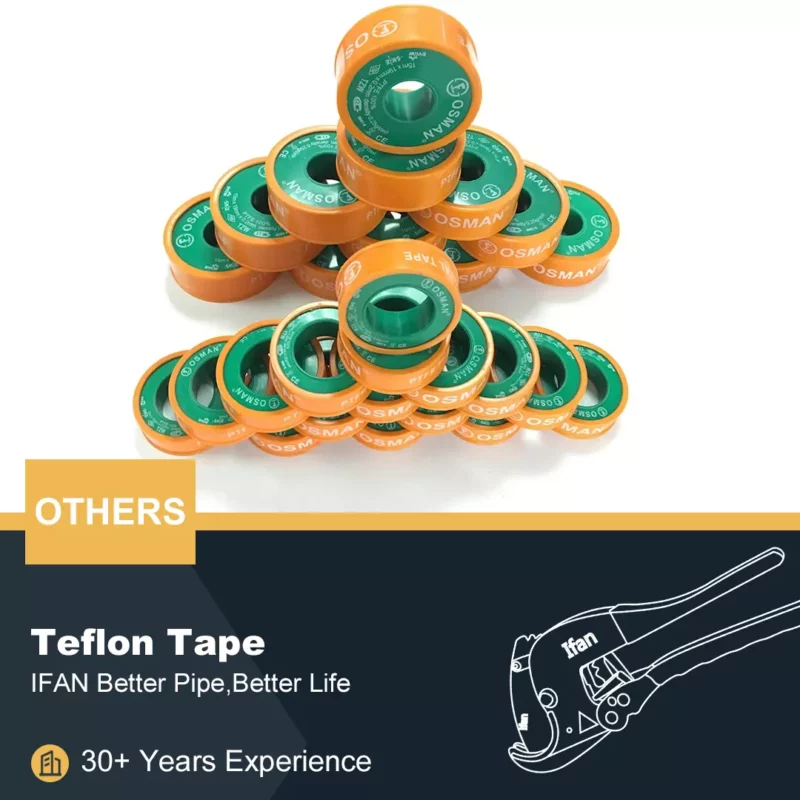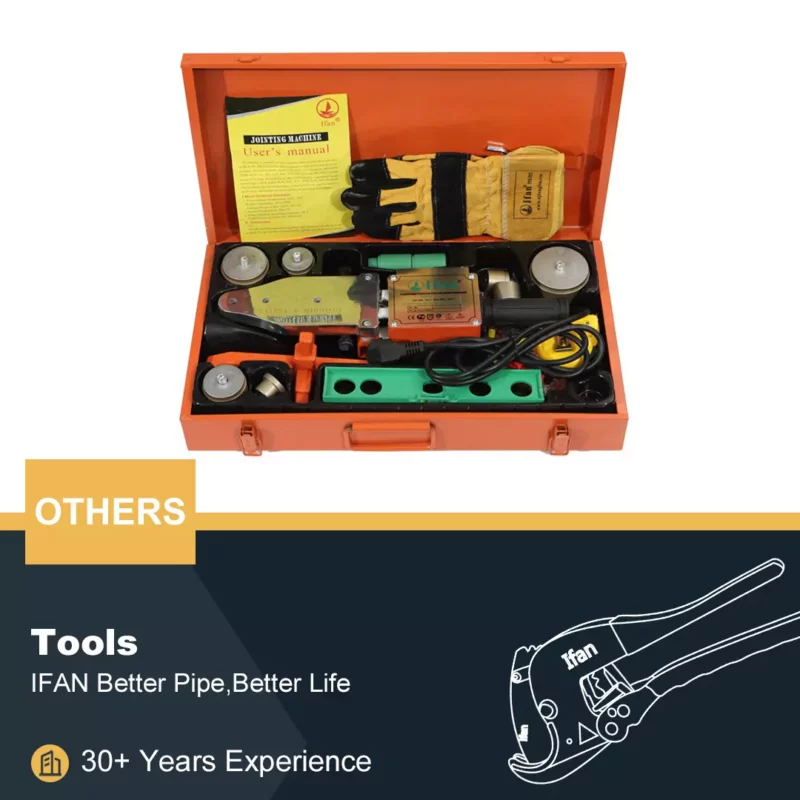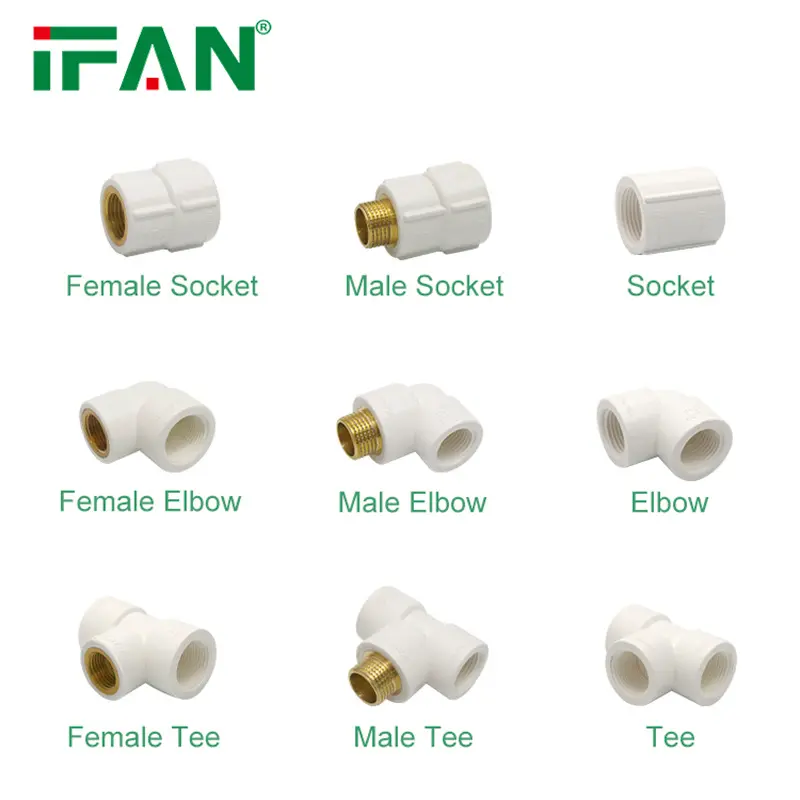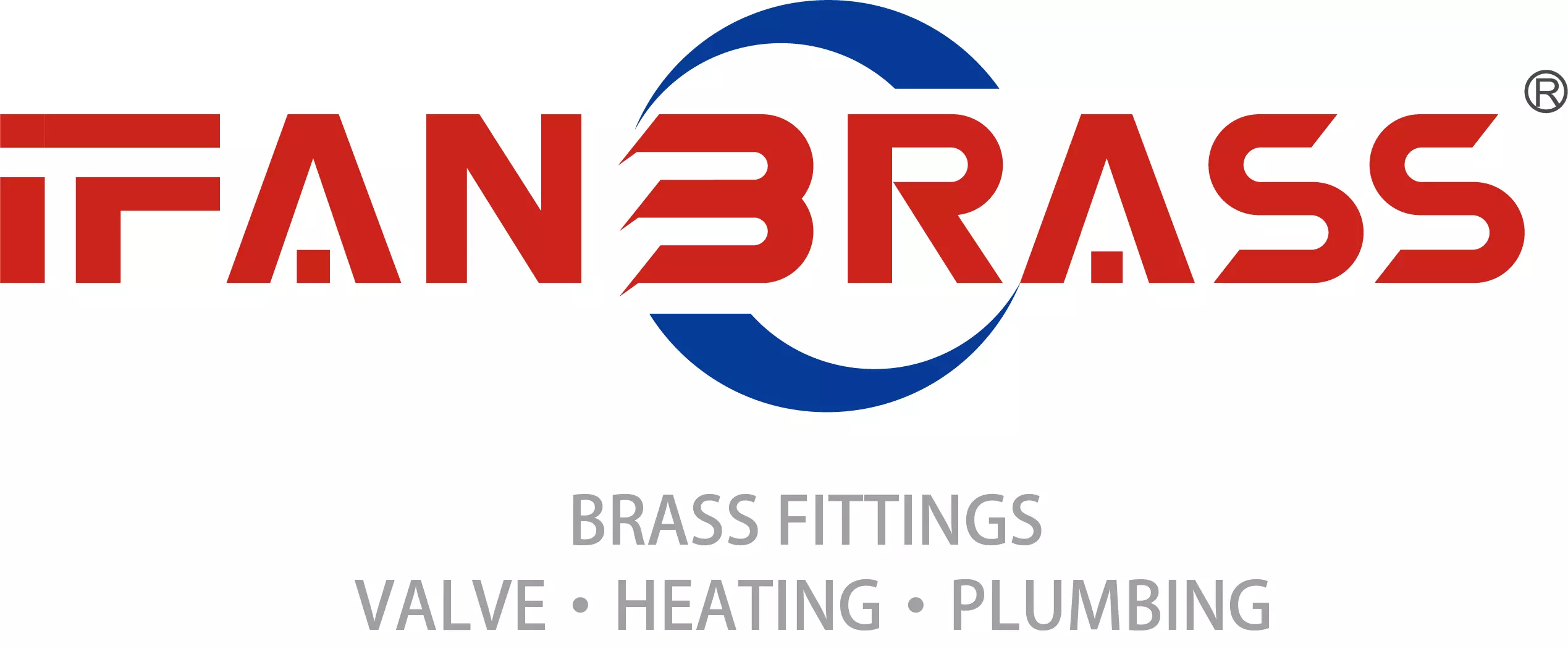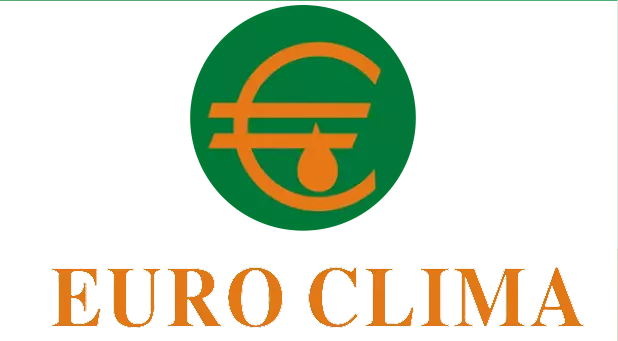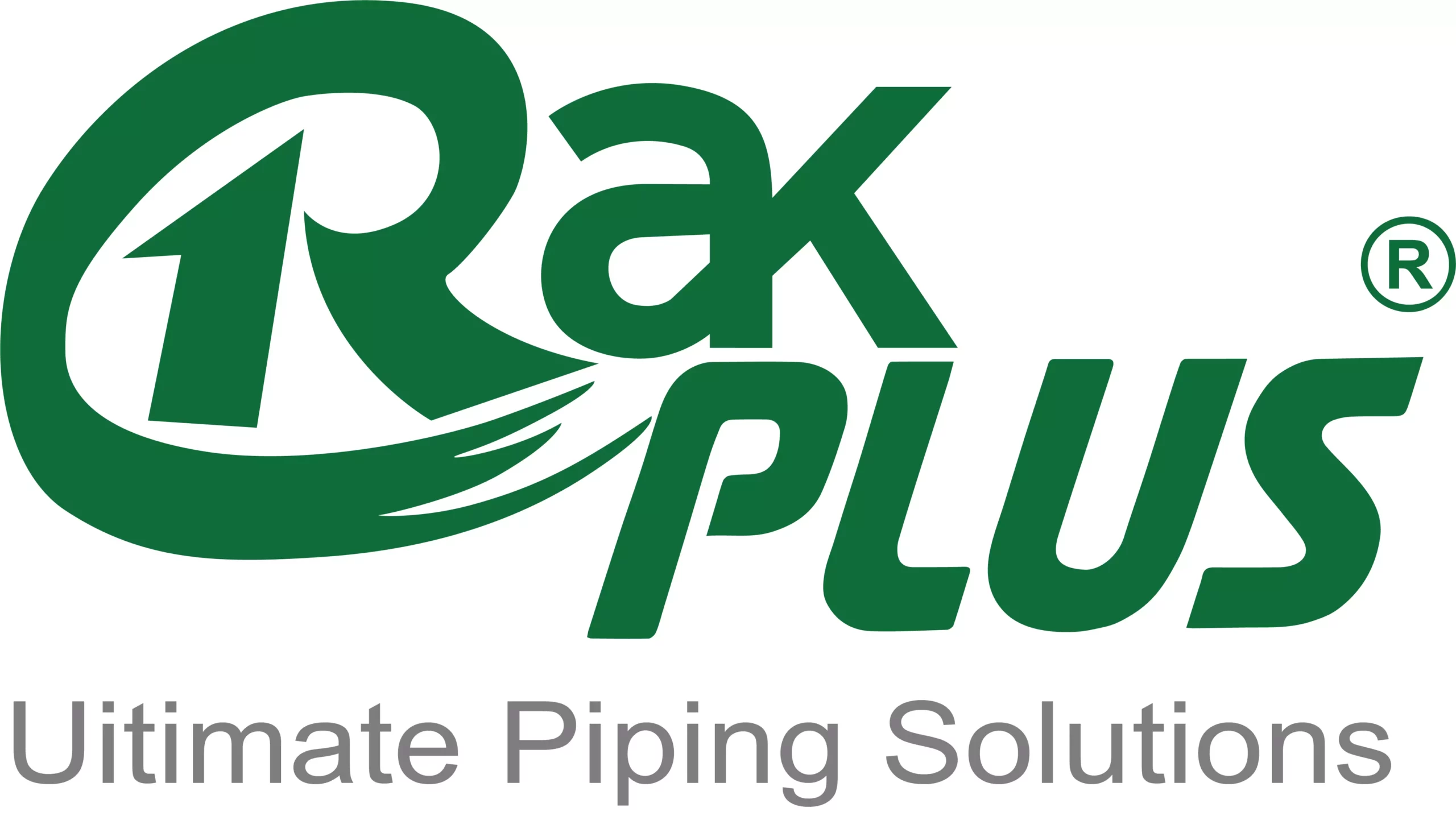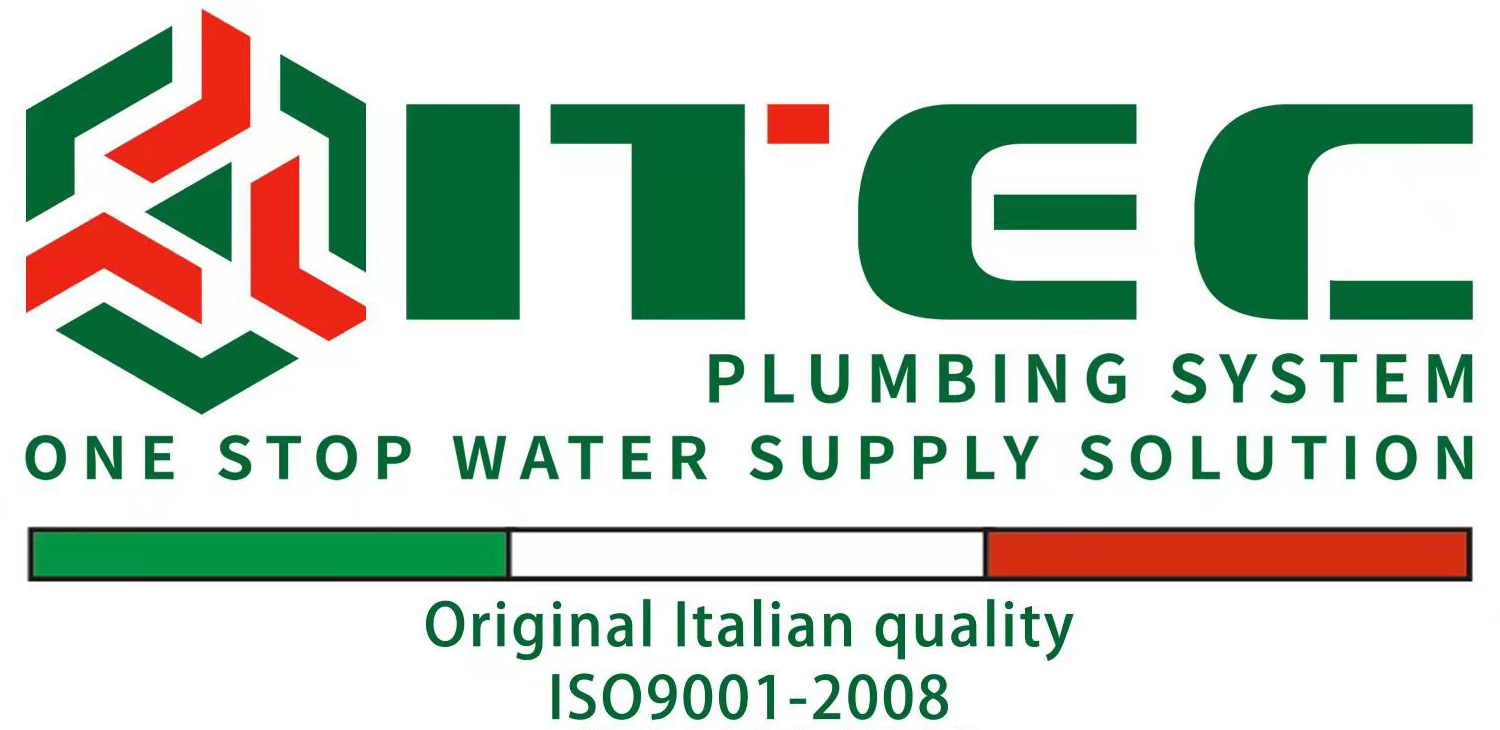The two most commonly used PVC variants are UPVC and CPVC. In this article, IFAN will discuss what these variants are, what are the differences between them, what are their unique properties, and which of the two options is better.
UPVC Pipes

Unplasticized polyvinyl chloride is a variant of PVC that does not contain any added plasticizers. Therefore, this material is stronger than other PVC variants. This variant is not as flexible as other PVC variants.
The lack of plasticizers is responsible for some unique properties such as:
Sturdiness
Despite being very lightweight like all other PVC variants, UPVC pipes are very strong due to their strong construction. These pipes can withstand high pressures, making them ideal for applications that require high-pressure piping systems.
Resistant to Harmful UV Lights
UV rays can cause significant structural damage to pipes. However, UPVC pipes are not affected by harmful UV rays.
Chemically Inert
UPVC pipe do not react with any chemicals, making them a suitable choice for conveying hazardous industrial wastewater. They are also used in water treatment plants.
Corrosion Resistant
UPVC pipes are corrosion-resistant and will not rust for decades.
Lead Free
Since these pipes are not plasticized, they do not contain lead and are labeled as “green use” pipes. This property makes UPVC pipes suitable for conveying drinking water.
Highly Durable
Finally, UPVC pipes are very durable due to their rigid construction. This is why these pipes are also used for windows and doors.
CPVC Pipes

Chlorinated Polyvinyl Chloride is made by chlorinating the polyvinyl chloride polymer. Chlorination is the process of adding chlorine to any element to treat any impurities, for example, chlorinating water makes it sterile. CPVC pipes are more flexible than UPVC or PVC pipes. CPVC pipes have the unique ability to convey both hot and cold water.
Here are some of the properties of CPVC pipes:
Corrosion Resistant
Just like UPVC pipes, CPVC pipes are protected from damage by harmful UV rays and are also suitable for outdoor use.
Less Bacterial Growth
Since the PVC material is chlorinated, CPVC pipes have a lower rate of bacterial growth compared to metal, cement, and other thermoplastic pipes.
Self-Extinguishing
These pipes are self-extinguishing, which is why they are sometimes used in sprinklers.
Flexible and Strong
CPVC pipes are very strong like any other variant in the PVC pipe family. However, these pipes are more flexible than other variants.
High Temperature Resistant
CPVC pipes are resistant to temperature changes, making them a suitable choice for supplying hot and cold water.
Which Pipe is Better: UPVC or CPVC?
Although both pipes are widely used due to their several significant advantages. There is no clear winner between the two. The material differences and unique characteristics of these pipes make them suitable for different applications.
For example, CPVC pipes are best when it comes to supplying hot water and for use in sprinkler systems. On the other hand, UPVC pipes are best when it comes to conveying industrial wastewater or making door and window frames.
If you have read this article and have any questions, please feel free to contact IFAN. Below is our contact information:
Whatsapp:+86 13373827623
Email:[email protected]

